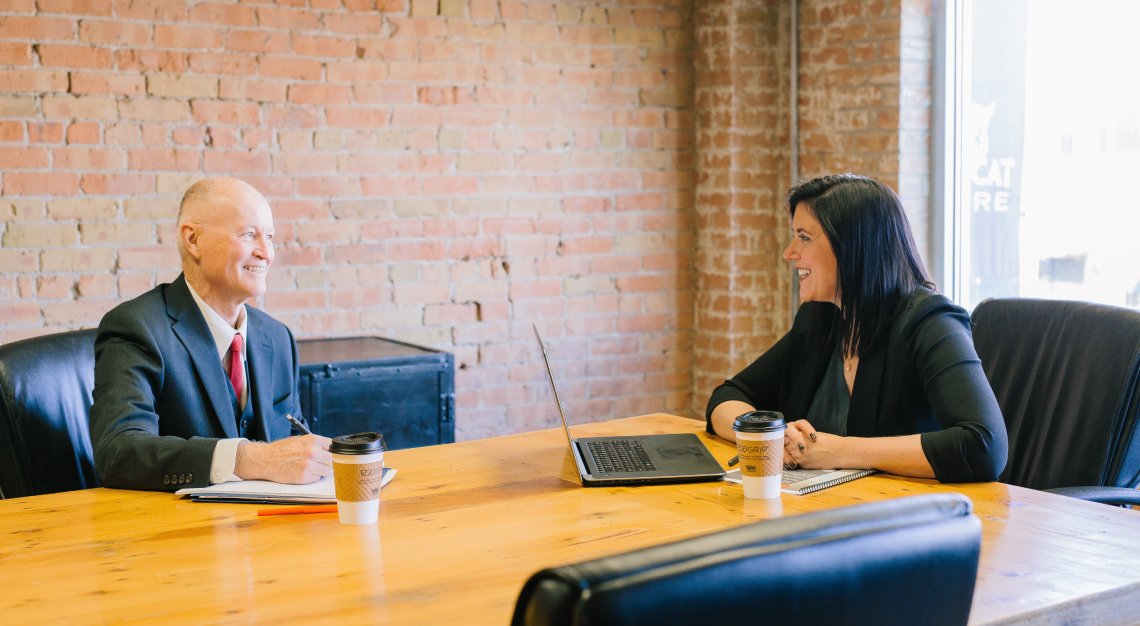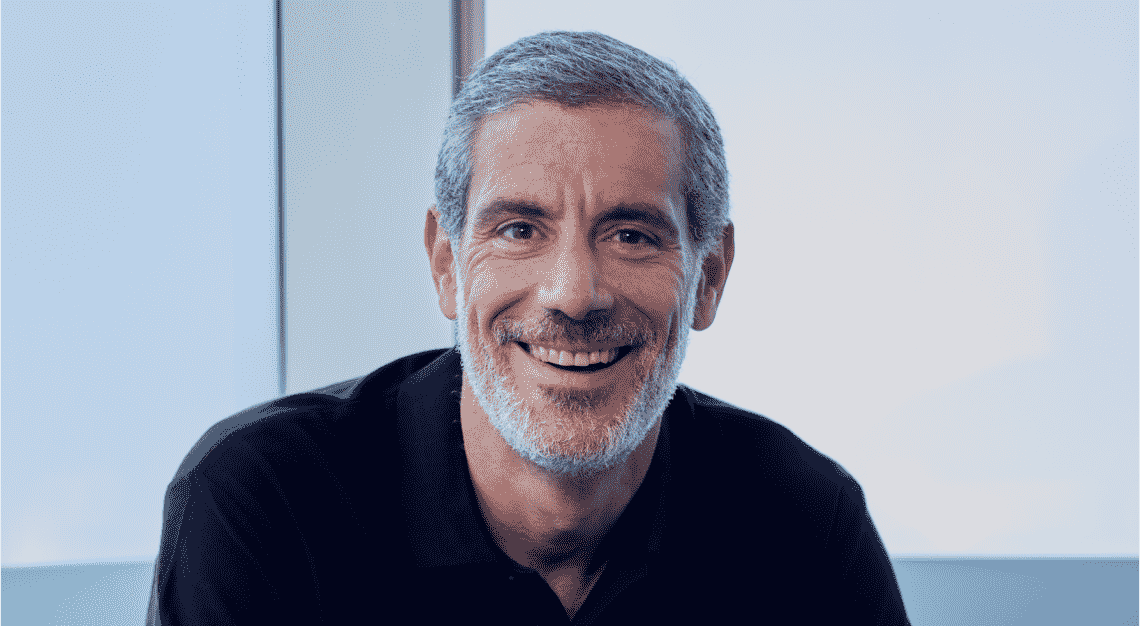In the workplace, is there anything men can learn from women and vice versa?
How is gender bias still affecting women leaders? And what can one do to be a better leader? To find out, we speak with Liz Kim, general manager of Philip Morris Singapore, and Robb Report Singapore Thought Leaders Serene Chua (executive director of a private bank and co-founder of Wolf Burgers and Carvers & Co) and Asema Ahmed (start-up founder and trustee at UWCSEA Foundation Leadership Council).
It’s 2020. Why are there still so few female leaders at the top?
Liz Kim: For me, female leadership is not just a business or political issue, but a social issue and at times, a deeply personal one. However, for change to be accelerated, society at large must recognise the value of having female leaders, and the importance of having a support system that can help make this happen. More and more women these days have been raised to believe we can achieve anything as long as we put our mind to it. This is great because there are more women competing for leadership positions than ever before.
But through the journey, you will come to realise that having the will and ability is not always enough to get to ‘the top’. Different women face different issues that can range from childcare support to breaking cultural expectations. Governments and businesses, of course, also have a role to play, but more than ever, it comes down to women asking for what they need, unapologetically.
Serene Chua: Because of social norms, there is an unconscious bias towards women. That, and gender discrimination, systemic barriers, laws that inhibit women’s economic opportunities, women giving up a career due to lack of a home-support system, and a lack of work-life flexibility.
Asema Ahmed: Women have more roles and expectations to meet (many that are societal and cultural), which means they may not be able to rise to the top at the workplace. Plus, I am sure some environments are not conducive to the idea of women leaders. But, slowly this will have to change as the capability for women to be leaders is inherent in their very being.
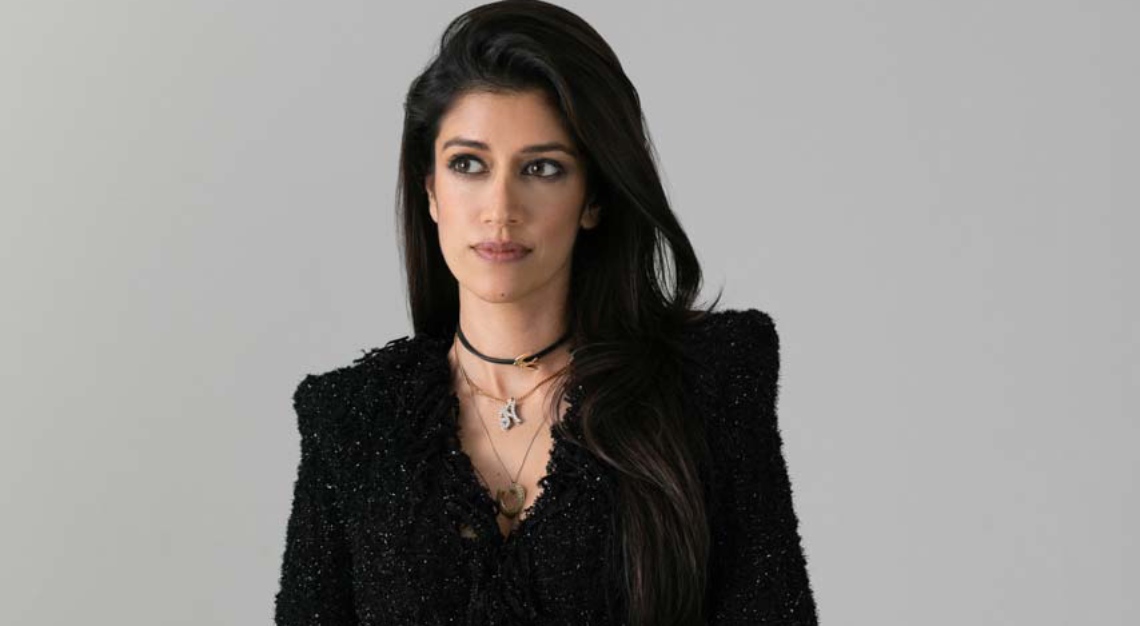
Let’s not talk about men vs women, but instead, masculine and feminine traits. What masculine and feminine traits can an aspiring leader take on and what’s a good balance for one to become a good leader?
LK: I’m very happy to put aside the men versus women discussion, because I see many great leaders breaking gender norms all the time. It’s balance that matters. Good leaders have to be strong, mostly on the inside. By this, I mean, they need to be able to confront issues, make difficult decisions, and be bold, as well as be able to listen, admit when they are wrong, and develop people. All of these traits require confidence in yourself and your people, and these are not gender specific traits, these are human traits.
SC: Traits of a good leader – openness, honesty, fairness, strategic thinking, good communication and cooperation, being patient and nurturing, empathetic, goal-oriented, focussed, and risk-taking.
That said, what can men learn from women and vice versa?
LK: I thought we weren’t talking about men versus women. But if I am forced to generalise, I would ask men to listen more; not only to words, but to body language and facial expressions. To women, gain some political capital by building alliances and become more visible. That’s what I see men are more confident at and women should not be afraid to do it, too.
SC: Empathy and compassion are traits that men can learn from women. Vice versa, learning to be more goal- or task-oriented instead of being more relationship-oriented.
What are some of the common bad habits that female professionals need to kick?
LK: Probably saying things like ‘sorry’ way too much and waiting for their turn to speak. I’m still working on some of those habits myself. It’s surprising how often one can say ‘sorry’ to unnecessary things.
SC: Downplaying their own accomplishments, viewing criticism as a bad thing, reacting emotionally at work when they should be more rational and being too idealistic.
AA: I think women who work (especially those with children) have a lot of guilt about their choice to be professionally driven. This may not be a habit, but I hope women can kick this negative thought process and without judgement from others.

Does one need to be an asshole to rise up the ladder and why?
LK: Anyone with talent and conviction can climb a ladder, but it’s the assholes that will quickly realise no one is holding it up. They will fall hard and it will hurt. No one wants to work for an asshole.
SC: No. Instead, being ambitious, assertive, creative, smart and connected will open more doors in that direction. If you are an asshole, you will probably offend more people, get a bad reputation and be known for the wrong things instead of merit and substance.
AA: I ran my own business for 13 years and I would like to think I was well-respected for the right reasons. Being a jerk is just not necessary if you have every thing under control.
If gendered workplaces are a principal cause of women’s same-gender interpersonal difficulties, how do we ‘de-gender’ these workplaces?
LK: I’m not really sure women’s same-gender interpersonal difficulties really exist today as much as it may have in the past. However, if we want more women to feel secure and to help in each other’s development, we need to have more women in management positions. More women in management can help to drive change in culture and influence policies that can further help diversity grow within an organisation.
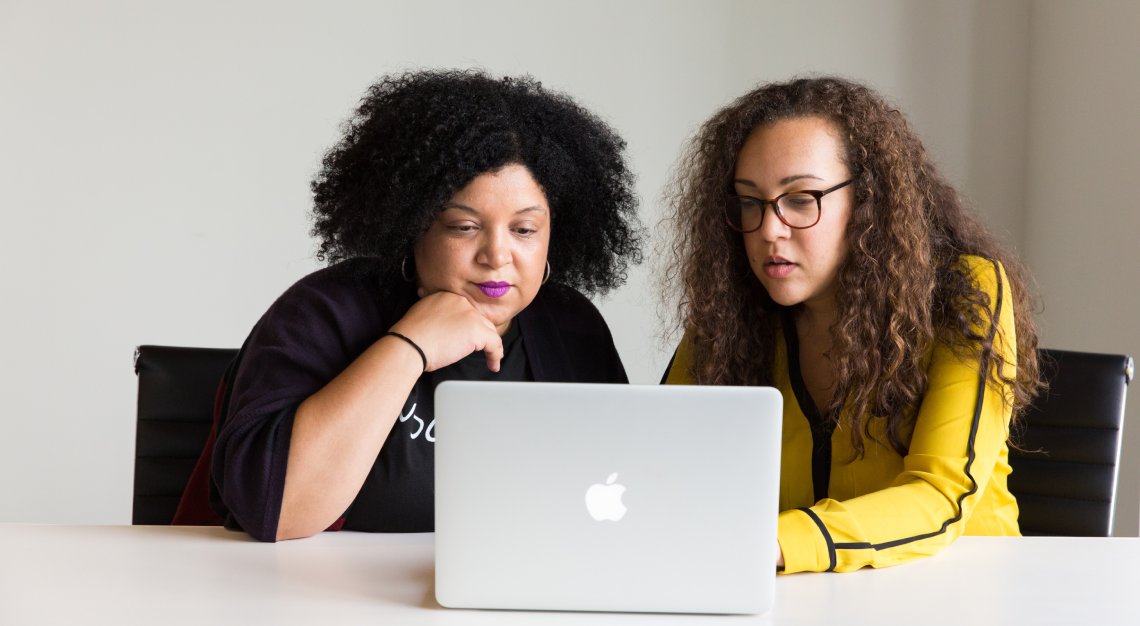
How can one empower women at work?
LK: On a general level, I believe driving a collaborative and open culture is critical to empowering diversity. It ensures everyone’s voices are heard and people are working together, maximising each other’s strengths. Also, having a flexible working environment can be a huge enabler to help people take control of their time and lives, which, in turn, gives the efficiency and focus you need for the organisation.
On a personal level, I believe mentoring can be very beneficial. There are critical points in your career when you may need advice and sometime just a boost of confidence to take the next step. If there are brilliant women in your workplace, make sure they have the right mentors to help guide them.
SC: A supportive network at work, mentorship, celebrating strengths and successes. Allowing good work-life balance, flexible working hours, equality in wages, diversify leadership by promoting women equally, communicating the need for gender diversity from the top and encouraging females to be more visible by giving them the right platform.
What are some of the myths of gender bias?
LK: Perhaps controversially, I believe most gender bias could be myths. But I don’t see it in my workplace. The diversity in our workforce at Philip Morris International spans across not only gender, but generations and nationalities, all with unique personalities and values. Half the management team in our Singapore office are women and I can say for sure that each individual is different and brings with them a valued and diverse point of view, important to driving our business transformation.
SC: That women aren’t assertive enough, don’t speak up and don’t have what it takes to lead.
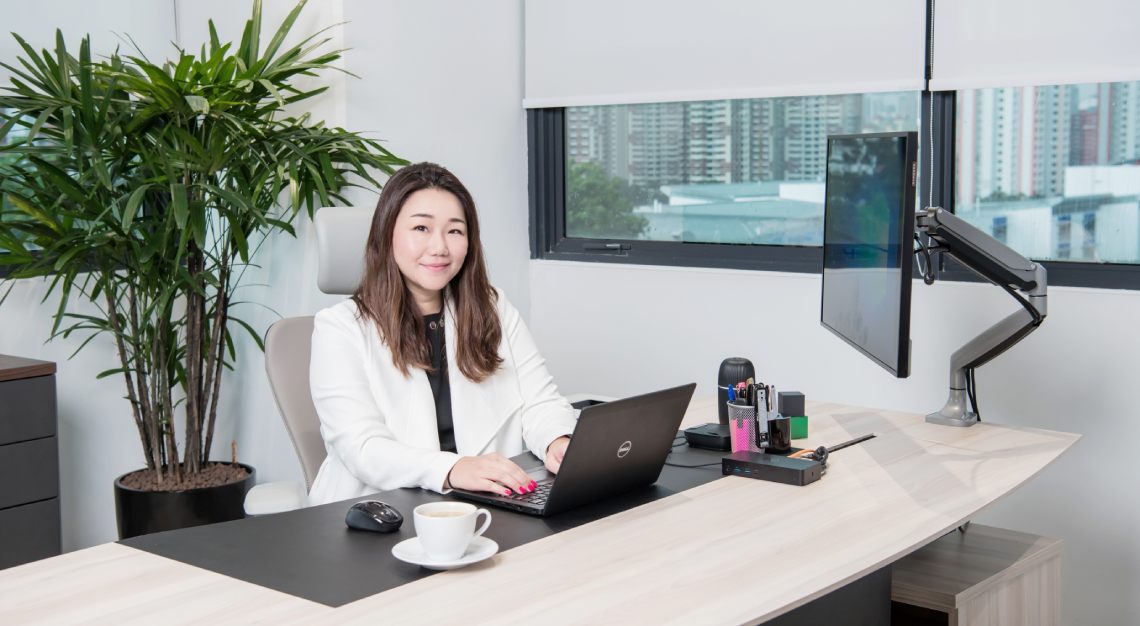
Diversity shouldn’t be a zero-sum game that requires men to lose for women to gain. So, what is true diversity in your opinion?
LK: The value equation for diversity is when 1+1=3. With a diverse organisation, that is reflective of the world around you and your consumers, you can only have more to gain than to lose. Those who view diversity as a zero-sum game, are missing out on the fact that world is changing constantly and so are organisations. To win in tomorrow’s world, you need the best diverse team possible and everyone’s focus should be on upskilling themselves to be the best they can be, rather than worrying about protecting what they have, because it wouldn’t last long.
What are the top three biggest gender-skewed problems in Singapore and how do you think they can be solved?
LK: Maybe because I come from a country (Korea) where I see more gender-skewed problems, I don’t really see it in Singapore. When I compare Singapore to other countries I have worked in, it seems much more progressive in supporting women in the working environment. There are more dual career families than I have ever seen before and the support system is in place. There’s an abundance of talent and the only issue that’s sometimes difficult to solve is when people are less willing to take positions outside of Singapore due to the challenge of managing dual careers.
As a female professional in a leadership role, what was the biggest mistake you made and what did you learn from it?
LK: I’m learning everyday through mistakes big and small. I don’t think that ever stops. What’s important is that I’m making decisions, I’m taking action and whether that decision or action is right or wrong, it helps me learn. Perhaps, the biggest mistakes, I would say, come from inaction. When an action is not taken, I’ve found the consequences to be much bigger and more difficult to manage later on.
